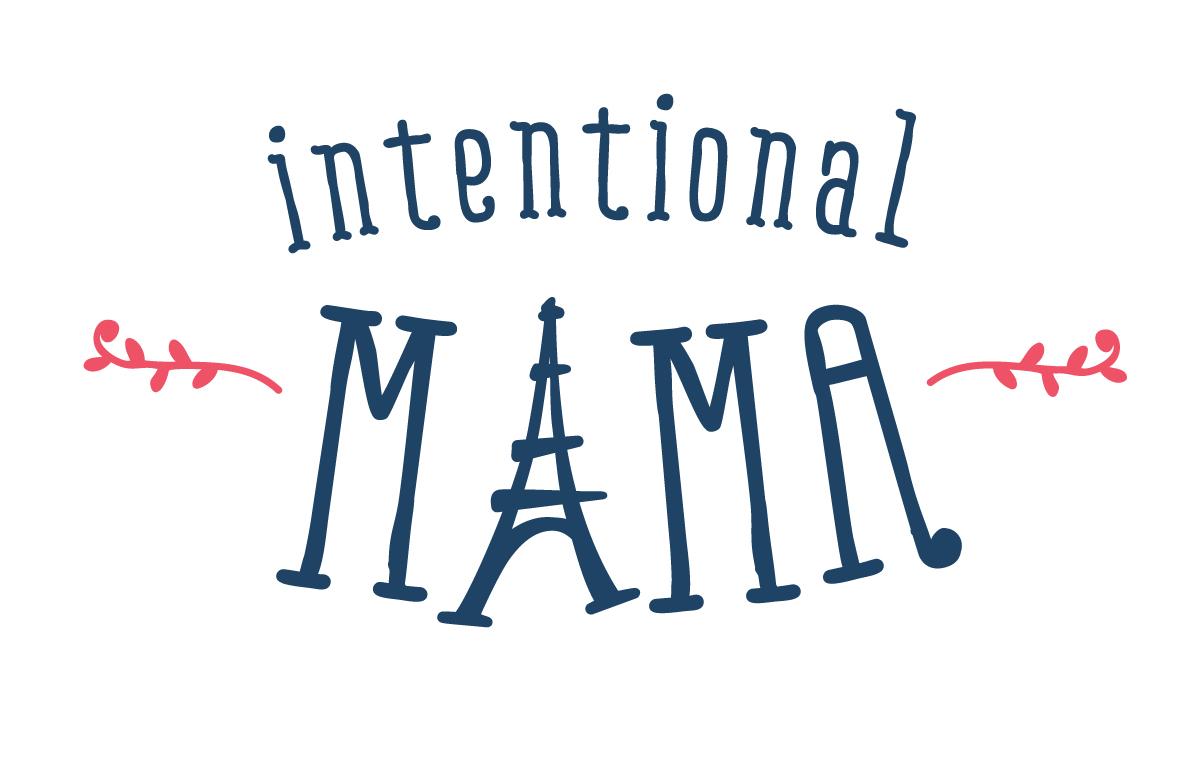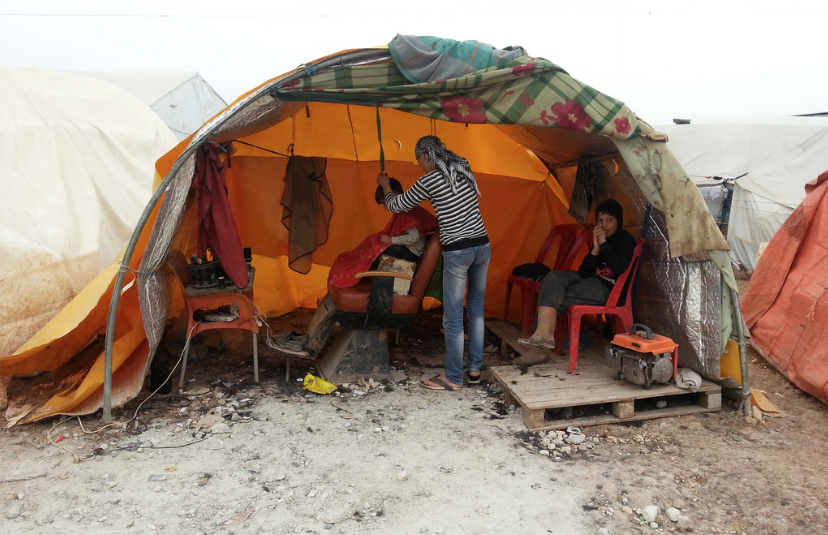Responding to the November 13th Paris Attacks: What Syria's Got to Do with It
Oh it was a heartbreaking weekend, wasn’t it?! The news of the Paris attacks was just shocking and sickening; to learn of Parisians being targeted with such intentional cruelty brings us all to a standstill. During my time in Paris this last July, my husband, children and I stayed just blocks from the Bataclan—it’s in an area of Paris that has been gaining popularity with its up and coming restaurants, not far from the iconic Place de la République. On Friday night, Facebook’s safety check system was quick to show that my friends in and around Paris were safe, but the unraveling news stories still cut to my heart as it became apparent that young people were targeted and that French culture itself had been attacked.
Paris Solidaire by Did.Van
Place de la République by Did.Van
You saw the #PrayForParis tags on Instagram, I’m sure, and maybe you also saw artist Joann Sfar’s retort #DontPrayForParis, because of course some people will claim that religion itself is at fault here, that prayer somehow contributed to this past weekend’s flashpoint of hatred. Don’t be misled—if we choose to do anything in response to the Paris attacks, we ought to begin with prayer, because prayer brings change. It changes us and it changes those for whom we pray. (Sfar published a series of follow-up comics saying he welcomes religion and prayer if they bring love and peace.) But for all of us consistently advocating prayers for Paris, we’re forgetting to pray for Syria, too. The war in Syria continues to escalate after five years of fighting, and so many innocent people continue to be displaced. “La Syrie est fini,” a Syrian merchant told me in France this past summer, and I fear he’s right. Its ancient cradle of civilization has been blackened in the crucible of conflict, so that now the surviving civilians must live their lives elsewhere if they wish to truly live at all.
Babusselam Syrian Refugee Camp by IHH
By all reports, the young men who committed this past weekend’s atrocities in Paris were men who had been on the fringe of society; men who lacked a strong sense of identity with European culture and instead found purpose and power (if only temporarily) through acting for ISIS, or reputedly in their own words, “for Syria.” Though they may not have realized it, their motivation likely wasn’t so much about being a Muslim against infidels as it was about causing murderous mayhem as revenge for being given a life on the outskirts, a life of rootlessness.
Don’t misinterpret where this is going—I’m not suggesting pity for the perpetrators, but I’m pleading for prayer and an open heart towards refugees, that we see our neighbors--now and in the future--and reach out to them before their lost generations point back at us as unrecognizable strangers.
Related links:
· Watch: A 5-minute history of Syria’s war and the rise of ISIS (from Vox.com)
· Read: Muslims, Christians, and Jesus: Gaining Understanding and Building Relationships (Amazon Affiliate link)
· Consider: Making a refugee kit as Beth Woolsey advocates on her blog here. Also consider hosting an exchange student, long or short term, because these experiences teach us so much about each other. (From my volunteer experience with exchange programs I know that Muslim boys are often the last students to be selected by American host families . . . but if we really thought about it, we'd realize this shouldn't be so.)



